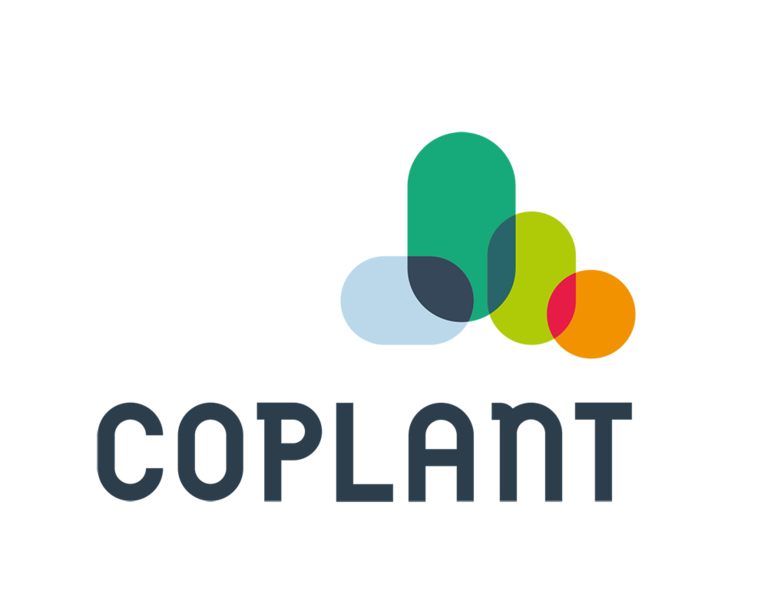In Germany, but also worldwide, the interest in plant-based nutrition is growing and the practice of vegan and vegetarian diets is increasing. Current scientific knowledge suggests that the consumption of plant-based foods tends to be more beneficial than that of animal-based foods, particularly in terms of health and ecological effects. However, due to the increasing variety of foods (e.g. in the area of highly processed meat substitutes high in salt and fat), heterogeneous production methods, as well as the complexity of diet-related actions, it is not possible to give a broad-brush answer as to which diets lead to more positive effects on health, society, the environment and the economy.
For this reason, the work package "Sustainability Analysis" addresses the question of how sustainable are plant-based diets when compared to mixed diets. Omnivorous, ovo-lacto-vegetarian, pescetarian and vegan diets are examined with regard to their social, ecological, and economic impacts. In line with the department’s definition of nutritional behaviour, diets are interpreted broadly. In addition to consumption the definition of nutritional behaviour encompasses procurement, preparation, and post-processing (e.g. disposal) of food.
Specific aspects of nutritional behaviour are investigated with regard to social impacts, including ethical and cultural aspects. This involves e. g. the consumption of food produced in a fair and animal welfare-compatible manner, the eating situation, social participation or exclusion associated with nutrition, cultural diversity, and social engagement. Furthermore, motivations and values of the participants will be explored.
Ecological impacts are determined using life cycle assessments. The starting point is food consumption and its impacts along the entire life cycle, from primary production to processing to trade. As far as possible, aspects of nutritional behaviour such as purchasing behaviour, preparation methods, storage, and post-processing (e.g. food waste generation) are factored in.
Economic impacts are considered via costs directly associated with the various diets at household level, particularly food expenditures. Other factors such as socioeconomic characteristics, degree of self-sufficiency, price sensitivity, and relevance of special offers are integrated into the analyses. Moreover, indirect costs of different diets are estimated in terms of external environmental costs of production and processing.
Health impacts will be analysed based on the health status of participants by means of physiological examinations (e.g., body composition, bone health, blood parameters) as well as surveys (e.g., on pre-existing diseases and lifestyle).
The results for the separate dimensions of health, society, environment, and economy will be integrated into a comprehensive sustainability analysis.
The project is led by MRI's Department of Nutritional Behaviour and entails a cooperation with the Thünen Institute of Market Analysis for analyses on the dimensions of environment and economy.


